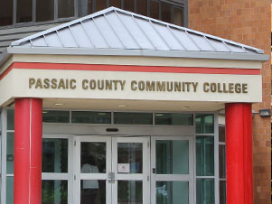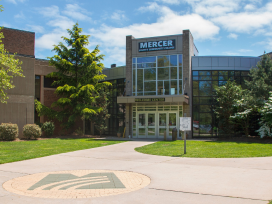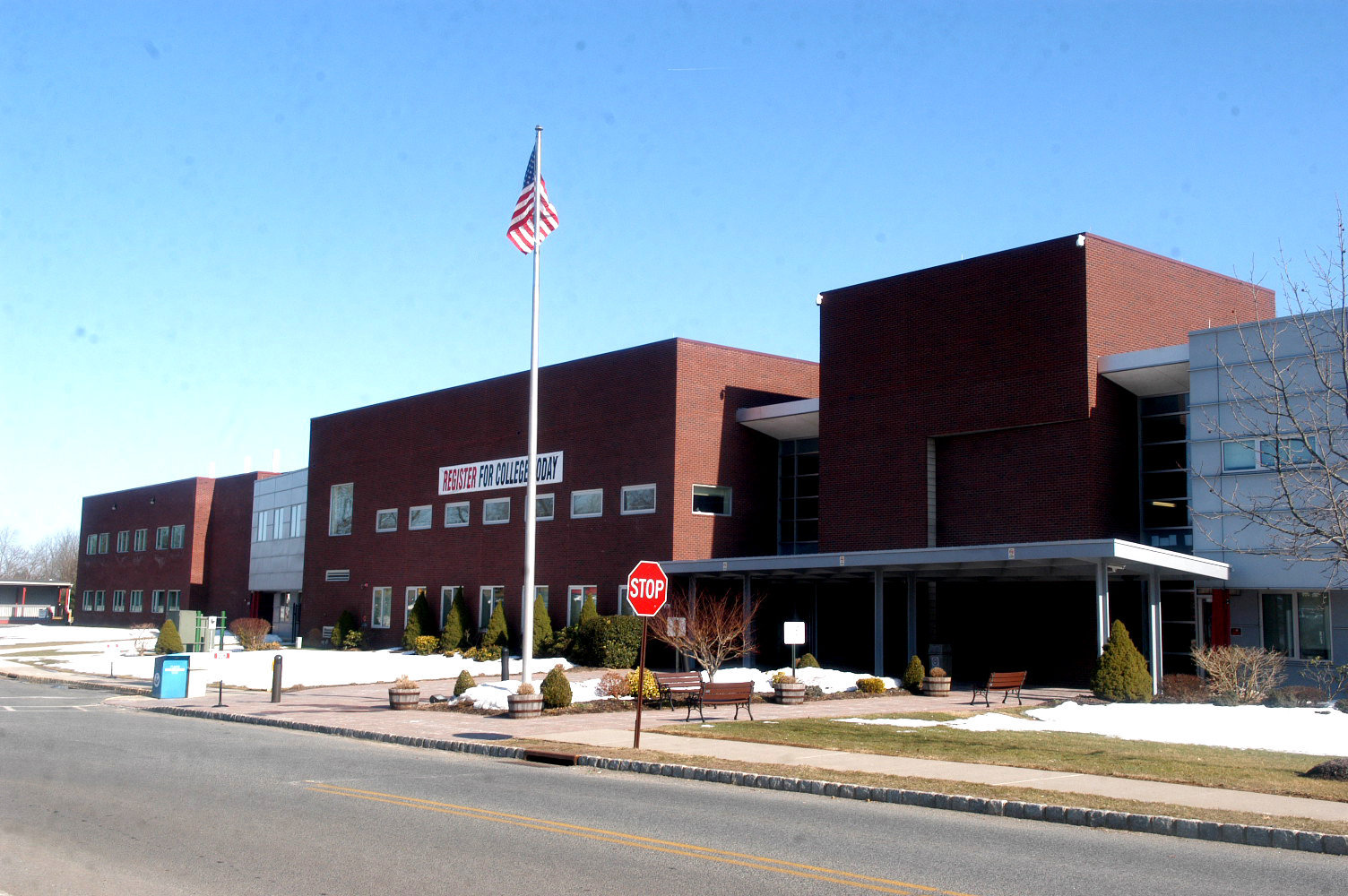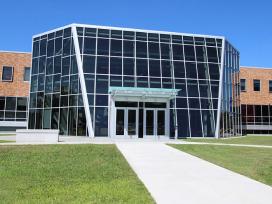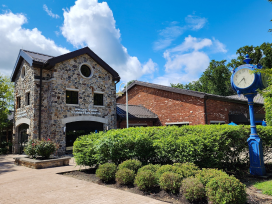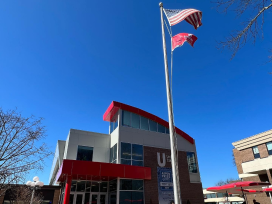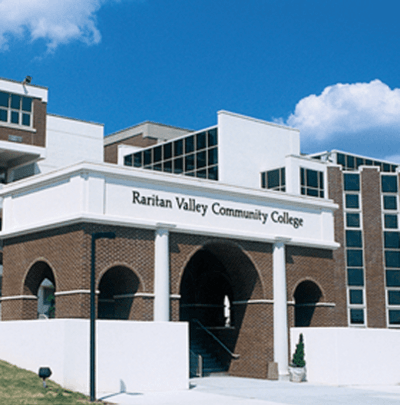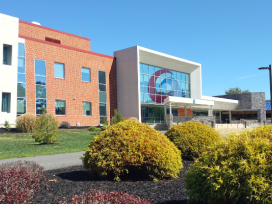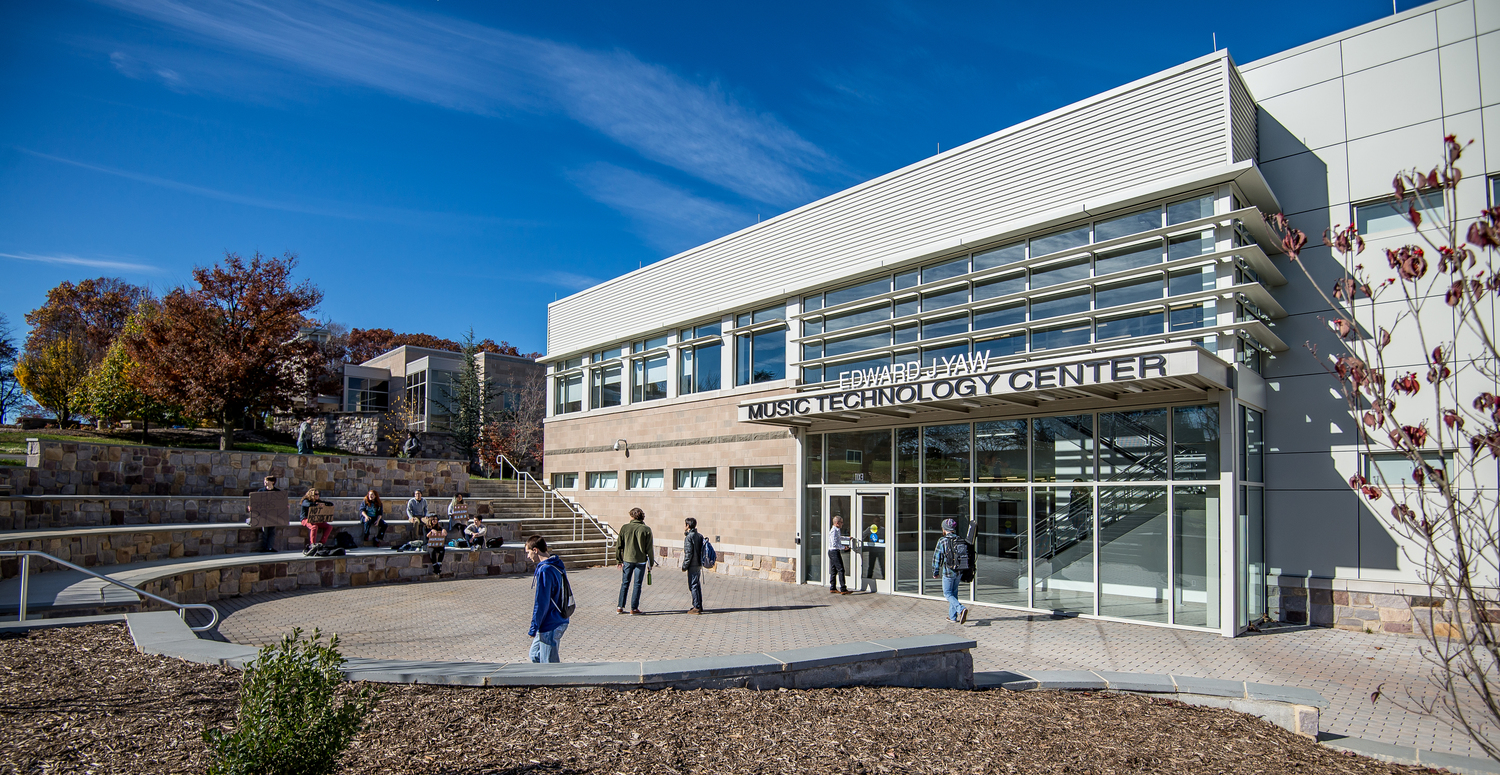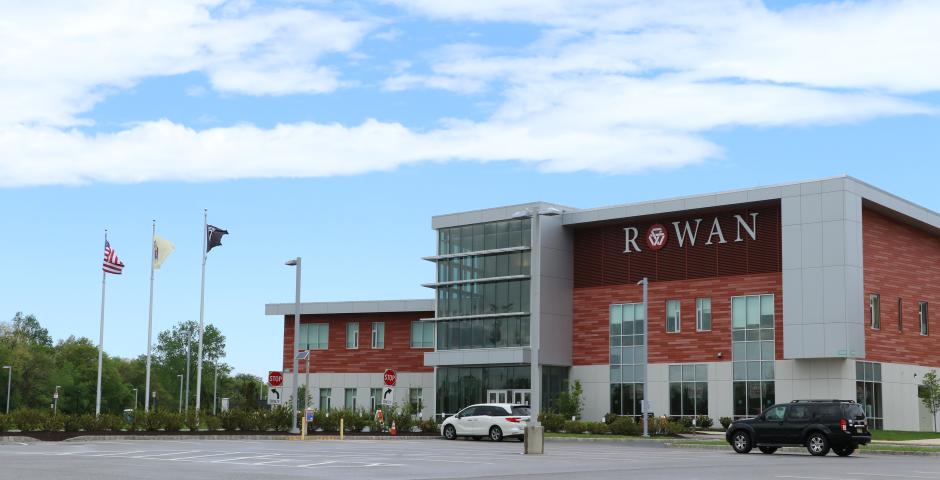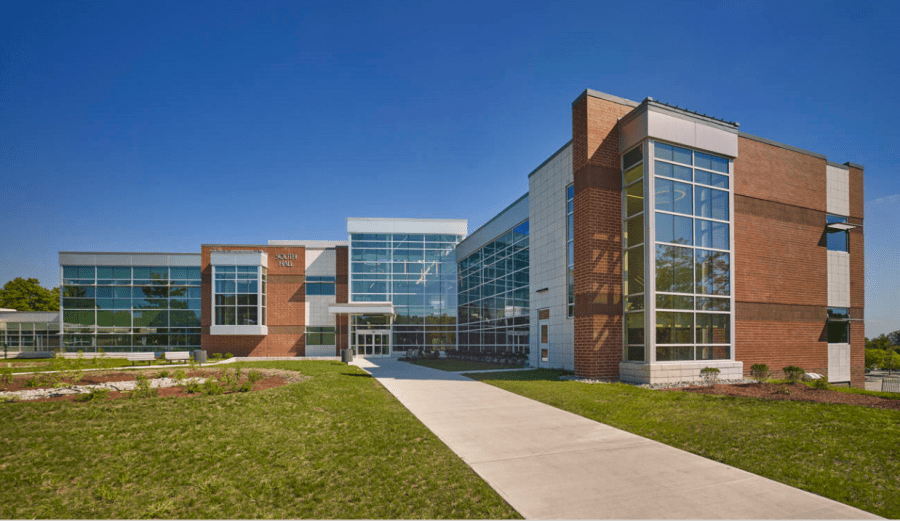NJ Pathways Project Highlight: Passaic County Community College Partners with Healthcare Professors to Empower ESL Students for Careers in Healthcare
Center of Workforce Innovation for Patient Care
Passaic County Community College (PCCC) Continuing Education and Workforce Development (CEWD) is proud to highlight a groundbreaking initiative that underscored the power of collaboration in workforce development. In partnership with PCCC’s Medical Assistant healthcare program faculty, the CEWD team launched an innovative foundational training model designed to support ESL (English as a Second Language) students aspiring to pursue careers in the healthcare field through the Adult Literacy Pilot: Allied Health Professional Fundamentals for ESL Students Pathway Project.
The Medical Assistant Pilot Project, which rolled out in Spring 2024, focused on providing tailored support to ESL students through effective teaching strategies and a student-centered learning environment. This initiative exemplified PCCC’s commitment to empowering individuals in the community by offering opportunities for career advancement, particularly in the high-demand healthcare sector.
The Team Behind the Project:
- Winster Ceballos, Director of Adult Education, Continuing Education & Workforce Development
- Douglas Ramirez, Assistant Director of Adult Education
- Samuel Blanco, ESL Program Assistant
- Dr. Paola Pawlak, Professor of Nursing
- Rosemarie Roccio, Director of Health Care Programs
Through the collaboration of this dedicated team, PCCC addressed the unique needs of ESL learners by offering instruction that combined English for Specific Purposes (ESP) sessions focused on medical terminology, visual aids, and interactive tools. This comprehensive approach enhanced comprehension and prepared students to excel in healthcare roles.
Effective Learning Strategies for Success
The project incorporated a variety of learning strategies aimed at fostering success. By streamlining the course syllabus and focusing on foundational topics, the team ensured that students received relevant instruction aligned with their proficiency levels. The introduction of modular phases for clinical and administrative skills provided clear structure and allowed students to focus on one area at a time. Additionally, more review time, reduced overall course hours, and frequent breaks between classes resulted in improved understanding and increased student retention.
Another critical component was the incorporation of simulation-based learning. These practical exercises, along with additional practice and remedial support, helped reinforce key skills essential to becoming a successful medical assistant.
A Supportive Community Led to Positive Outcomes
Preliminary assessments and post-class feedback from faculty reflected the success of these initiatives. The project resulted in high retention rates, consistent class attendance, and a noticeable increase in student enthusiasm and participation. Faculty members also reported that adult learning theories, including Self-Directed Learning (SDL), Learning from Experience (LFE), Transformative Learning (TL), and Culturally Responsive Teaching (CRT), played an important role in fostering a productive, engaged, and motivated learning environment.
What stood out most from this initiative was the invaluable benefit of a supportive learning community. The collaborative efforts of the CEWD team and the Medical Assistant professors created a framework that equipped students not only with essential skills but with the confidence needed to succeed in their careers.
This pilot project sets the stage for future programs that would continue to leverage these positive outcomes, paving the way for ESL students to thrive in healthcare careers by continue supporting to support the community and expanding access to career opportunities through the New Jersey Pathways to Career Opportunities’ Centers of Workforce Innovation.











